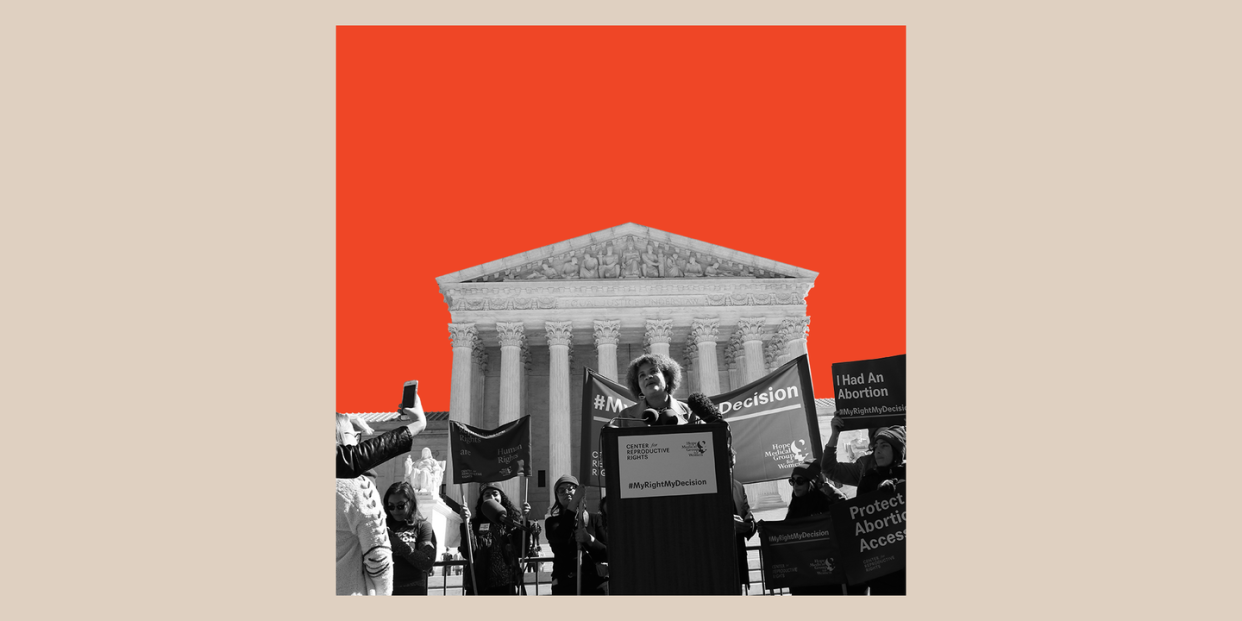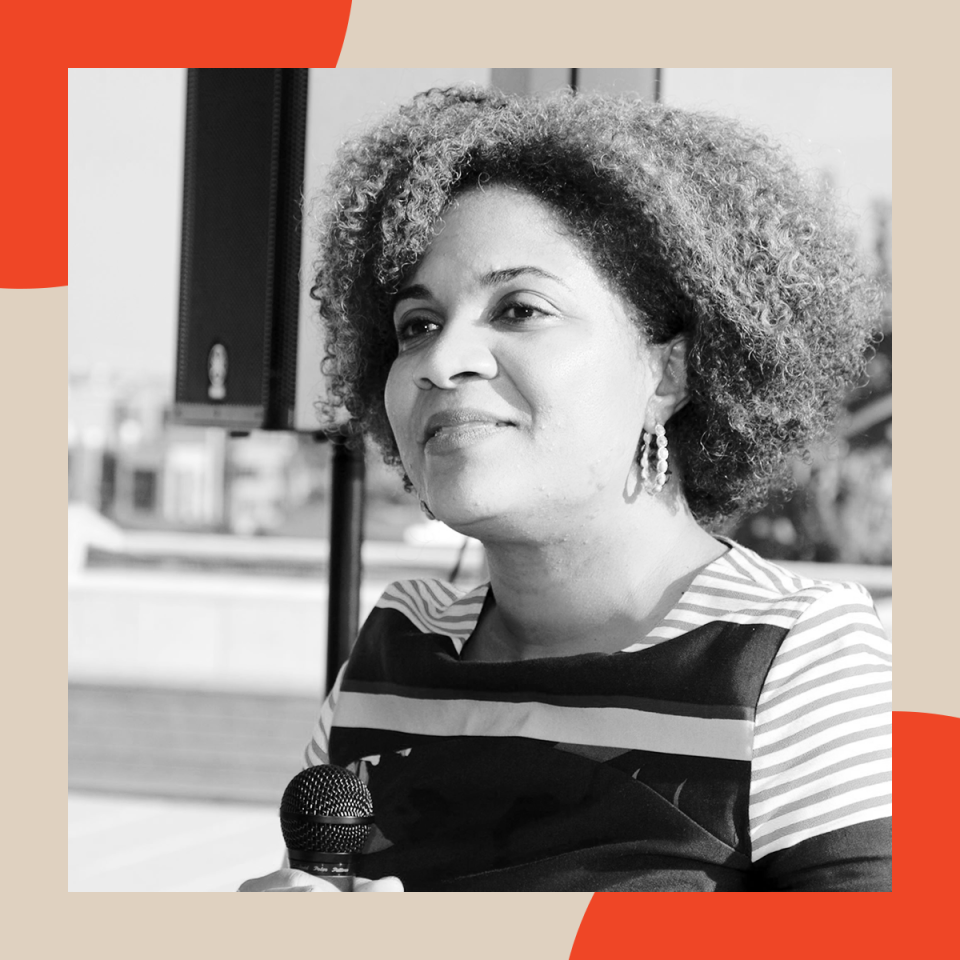Yeah, SCOTUS’s Birth Control Ruling Will Devastate Communities That Already Face Discrimination Every Day


Just a couple of weeks ago, the Supreme Court followed its own precedent and struck down a Louisiana law that would have virtually ended abortion in the state. But we weren’t ready to celebrate.
We knew this was basically the bare minimum the court could do to protect people’s reproductive freedom—and another potentially dangerous reproductive rights decision was looming. Birth control was next on the Supreme Court’s docket.
Today’s ruling allows virtually any employer or university to choose whether or not they cover the cost of birth control for their students or employees, deflating the Affordable Care Act’s (ACA) requirement that insurance plans cover birth control in full—a benefit that granted coverage to 61.4 million women.
It’s striking that this reproductive health issue was decided in the midst of a reckoning with America’s racist past and present. Black and brown people, LGBTQ+ individuals, low-income people, and those who live at the intersections of these identities will be impacted most by SCOTUS’s decision to allow companies and schools to decline contraceptive coverage. These people already face insurmountable barriers to the care they need as they face higher rates of unemployment and extraordinary wage gaps.
Although the Pennsylvania Attorney General has vowed to fight in the lower courts, this decision sends a disturbing message: The Court is willing to turn its back on people who need birth control, and religion can be used as an excuse to discriminate.
I have worked in civil rights for the better part of my life, and today, I’m reminded that we’re still being offered scraps from our highest court and public officials. Yes, there have been incredible strides in recent years like the ACA, but with each move forward, we meet a wall of resistance attempting to reverse our progress.
Here’s the thing that no one—especially women—should take for granted: In 2020, we are still fighting for basic access to care. We’re fighting to make our own decisions about our bodies, lives, and futures.
The global pandemic has crystallized how broken many of our systems are. The systems that led to disproportionate rates of infection and death among Black and Latinx people. The systems that meant workers deemed essential perform their low-wage jobs without protection. The systems that have women and girls unequally carrying the load of caregiving. The systems of policing that cut Black lives and futures short. Our never-ending battle for essential reproductive health care is yet another racist, sexist pattern that must be changed forever. With an unprecedented awareness of what is broken comes an unprecedented opportunity for change.
The decisions from this term on contraception and abortion have left the door open for additional legal fights, but the social uprising over the past few months reminds us that change doesn’t only happen in the courts. We can all play a role in the streets, in our living room conversations, and in our local governments to ensure these attacks end for good.
This moment is calling on all of us to do more. It’s time that our government and leaders realize that we deserve to live and thrive. We deserve for our families to be safe. We deserve to make our own decisions about our health care. Until politicians stop making those decisions for us, organizations, including my own, will be fighting for a world free from barriers, discrimination, and stigma.
We need your support by contacting your lawmakers in favor of the Woman’s Health Protection Act and the Equitable Access to Care and Health Act (EACH). And you can donate to organizations like ours or those on the front lines of the fight in states like Louisiana, Georgia, and Illinois.
You Might Also Like

